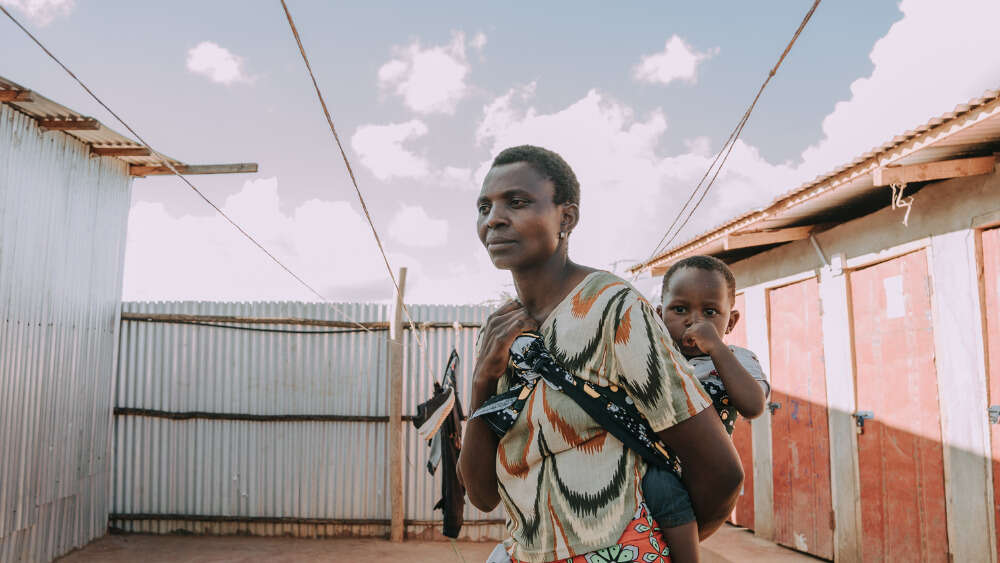As we approach International Women’s Day this year (on 8 March), I find myself conflicted.
Right now, the world is facing a global food crisis.
345 million people’s lives are at risk, and 60 per cent of them are women and girls.
If we allow women around the world to continue to exist without food, support and financial security, then what are we really celebrating?
International Women’s Day is indeed a day to celebrate the advancement of women and give visibility to the achievements women have made and continue to make around the world.
As the first woman to step into the role of CEO of Compassion Australia, I recognise that this day is a wonderful opportunity to highlight the incredible women who have gone before us, paving the way across the nation.
We certainly live in the lucky country and have made much progress in terms of gender equity, ensuring women are recognised for the gifts and contributions they make in the world both in the home and in the workplace.
But it would be remiss to ignore a hard truth: only some women are being afforded these rights and opportunities.
Women are more likely to live in extreme poverty and often skip meals to ensure their partners and children have enough food.
We have seen first-hand the devastating impact of the COVID-19 pandemic in developing countries, and the data shows us we still have a long way to go.
As inflation continues to rise and extreme weather events devastate communities, the global food crisis is another disaster that is severely impacting the already vulnerable group of women and young girls.
Women are more likely to live in extreme poverty and often skip meals to ensure their partners and children have enough food. Food insecurity also makes young girls more vulnerable to malnourishment, exploitation, violence, child marriages and separation.
Every day we hear stories of heroic women like Fransciska from Kenya who must walk 15 kilometres just to look for work to keep her children from starvation. Compassion works in nine countries that have been severely affected by the food crisis, and our local staff and volunteers are ensuring their communities are receiving immediate food relief while long-term solutions to prevent hunger are being put in place.
Girls stop attending school to help at home, and women carry the very physical and emotional burden of attending to the family’s needs.
According to Maslow’s hierarchy of needs, if physiological needs such as food, security, water and shelter aren’t being met first, the idea of any further advancement, employment or education is impossible.
As we are too aware, girls stop attending school to help at home, and women carry the very physical and emotional burden of attending to the family’s needs and ensuring basic survival is met.

Clare Steele
As a woman, a mother and a leader of one of the largest not-for-profits in Australia, I believe we must speak up for those who can’t speak for themselves.
Perhaps when all women have food security, access to water and the basic amenities we take for granted every day, we can truly start celebrating.
Until then, there is still much work to do.
Clare Steele is the CEO of Compassion Australia.
Email This Story
Why not send this to a friend?


